| Stay tuned! The team at GPD is stealthily preparing the next generation platform for teamwork, including model-based project design, digital twins of projects, high performance analytics and simulation, forecast validation and curation, and more! If you are interested in participating in the future of teamwork, please join us as an early partner. Our vision is supported by decades of field experience and world leading research on performance for complex problem-solving, sociotechnical systems, and learning. We are pioneering new methods for distributed, visual, interactive and AI supported teamwork, and would be happy to have you join in the transformation. |
|
0 Comments
The Instrumentation of Teamwork Linked to Systems Models of Problem and Solution
Abstract Organizations working with engineered and manufactured systems have decades of pioneering experience in the design, implementation, and operation of instrumented products. Aerospace, automotive, maritime, and building systems are often highly laden with sensors that observe real-time performance of these products as they operate. Remote observers communicate and control these systems from afar. Over the lifetime of these systems – airplanes, cars, buildings, and ships – data on the performance across a large set of diverse, released product systems reveals much about the gap between as-designed, as-built, and as-operated actual systems. Even though the IoT trend is not new, the scale, reduced latency and cost, heterogeneity, and especially interconnectivity of these systems across economic and social infrastructures have advanced dramatically. For this talk, rather than viewing sensor and data product by product, we consider the combined performance of instrumented products and instrumented people. Instrumentation of teamwork will be shown as the capability to see and predict in real time the performance of human teams as they work, coordinate, wait, make mistakes, adjust and learn (or not.) In this presentation we will focus on the instrumentation and analysis of engineering teams, and other teams of diverse capability working on complex systems. To take advantage of these opportunities, not only will the design of our engineered systems advance, but also how we engineer will be transformed. The important concurrent trend in model-based or digital engineering along with IoT will be considered. https://iotslam.com/session/the-instrumentation-of-teamwork-linked-to-systems-models-of-problem-and-solution/
Back-to-the-classroom sessions will be offered during the afternoon of October 7 in Wong Auditorium for
SDM alums and others who want to learn about the latest MIT research in systems thinking. These will be delivered by SDM faculty members Bryan Moser and Qi Van Eikema Hommes. Preregistration is required. GPD's Moser will be hosting an industry workshop on the "Challenges to Integrated Performance", part of DSM Conference 2014, Paris, France. July 2, 2014
|

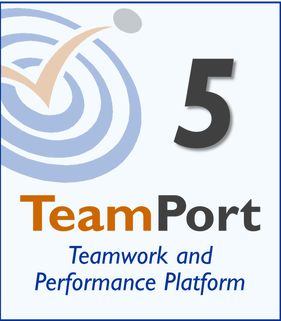
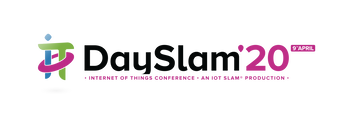
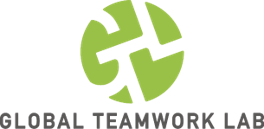



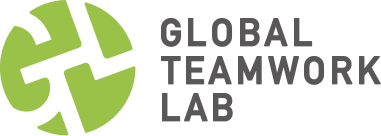


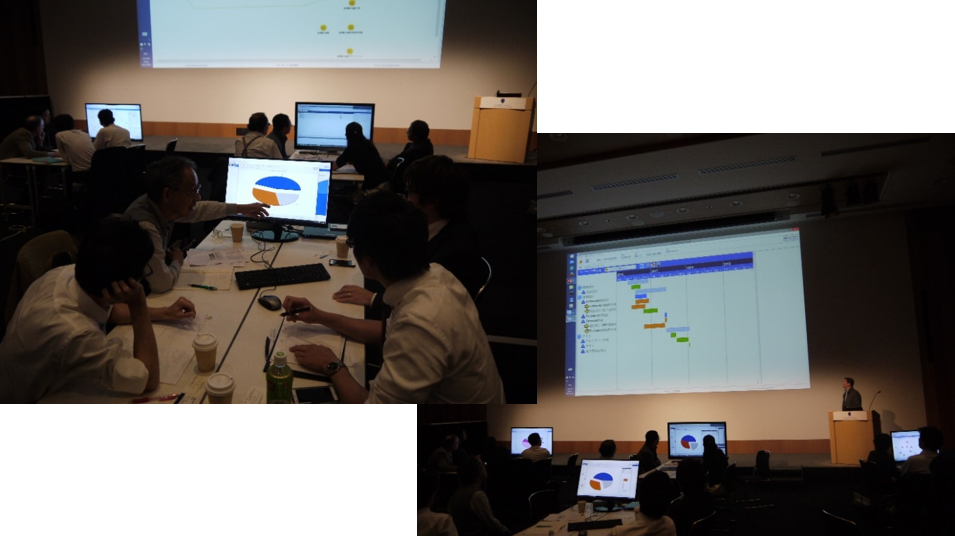


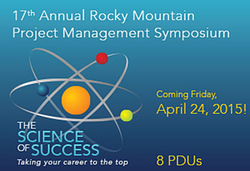


 RSS Feed
RSS Feed
